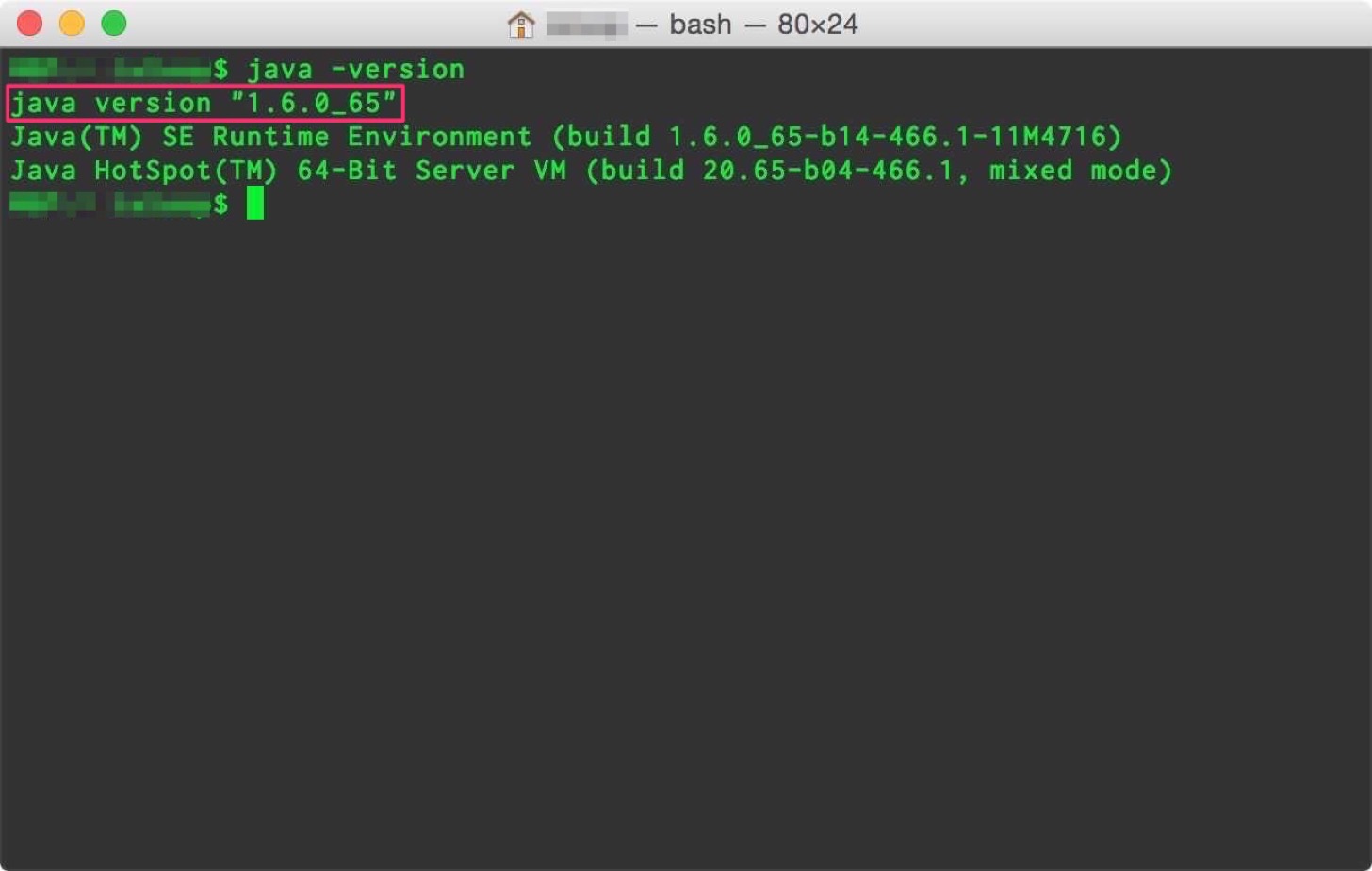Java SE 10 Archive Downloads. Go to the Oracle Java Archive page. The JDK is a development environment for building applications using the Java programming language. The JDK includes tools useful for developing and testing programs written in the Java programming language and running on the Java TM platform. Java for Mac OS X 10.5 Update 10 delivers improved compatibility, security, and reliability by updating J2SE 5.0 to 1.5.030, and updating Java SE 6 to 1.6.026 for 64-bit capable Intel-based Macs. » java db 10.5 10.5. Mac 10.5 update download. More Java Update 8.0.2710.9. Oracle - 2MB - Freeware - The Java SE Runtime Environment contains the Java virtual.
http://support.apple.com/kb/DL1359 is the newest Java that Mac OS X 10.5 will support on either Intel or PowerPC Macs. People with 10.5 through 10.5.7 must backup their data, and shut down, disconnect their backup, and then update to 10.5.8 before they can use the Java.
Use these tips if you are stuck with 10.5.8 to get your Flash up to date:
Note, if you need Java 1.6 (same as Java 6), according to the download link above, it is only available for 64 bit Intel Macs, and not PowerPC Macs. Otherwise
you are stuck with Java 1.5.
Java Download For Mac Os X 10.4
If you have an Intel Core2Duo, i3, i5, i7 or Xeon Mac, you can upgrade to Mac OS X 10.7.3 to get Java 7, which is far more secure.
Please read the link on upgrading, as there are pitfalls for taking this path are important to read.
Mac OS X 10.6 (explains how to upgrade to 10.6) has its own Java maximum, discussed here, which you can get to if you at least have an Intel processor, and may offer some limited additional compatibility, though is not as secure as Java 7.

Note: PowerPC Macs with 800 Mhz dual processor or lower speed (1 Ghz is higher) must update to 10.4.11 to get the latest Java:
Java Download For Mac 10.5 Laptop
Check Apple menu -> About this Mac to find out if that pertains to you.
A port scanner is a tool that scans a server for open ports, and a port weeping is the act of scanning a range of IP addresses for a specific “listening” port number. This can be a useful way of locating certain types of servers, such as FTP servers, for example.
Java Download
If you are aware of the existence of an FTP server on a certain IP range, but do not know the exact address, Angry IP Scanner can be used to fill in the blanks by scanning that range of addresses within a very short space of time.
Step-by-Step Instructions

Java
- Access the related download link for this article and grab the executable launcher for Angry IP Scanner. The program requires no installation and is run simply by executing the file ip_scan.exe. Once the tiny download has completed, access your downloads folder and run this file to start Angry IP Scanner. The small application window appears after a brief pause.
- Note the IP Range field is pre-populated with your own internal network address when Angry IP Scanner first launches (this probably starts with 192.168). In this field, enter the starting address of the IP address range you want to scan, for example, 213.167.1.1.
- In the “to” field, enter the ending address of the IP range, e.g. 217.167.1.1. This means all the possible IP addresses between 213.167.1.1 and 217.167.1.1 will be scanned for the port number you specify.
- Click Tools and Preferences. In the Scanning tab, set the Delay to 20ms and the maximum number of threads to 10000.
- In the Ports tab, enter 21 in the port selection tab (21 is the default port number for FTP servers).
- In the Display tab, select Hosts with open ports only. Click OK to close the preferences window.
- Click Start to begin scanning the specified range of IP addresses. After a short time (which depends on the size of the IP range), a list of results is displayed. These IP addresses all contain the open port number you specified.
Tips & Advice
Java 5.0 Download
- Once the list of IP addresses is displayed, you can use the built in FTP feature of Angry IP Scanner to browse one of the servers. Right-click any address and choose Open then FTP. You will then be prompted to enter your username and password (if the server has security).
- Never use Angry IP Scanner to detect the IP addresses of FTP servers you have not been granted access to, as this is illegal in most countries.
